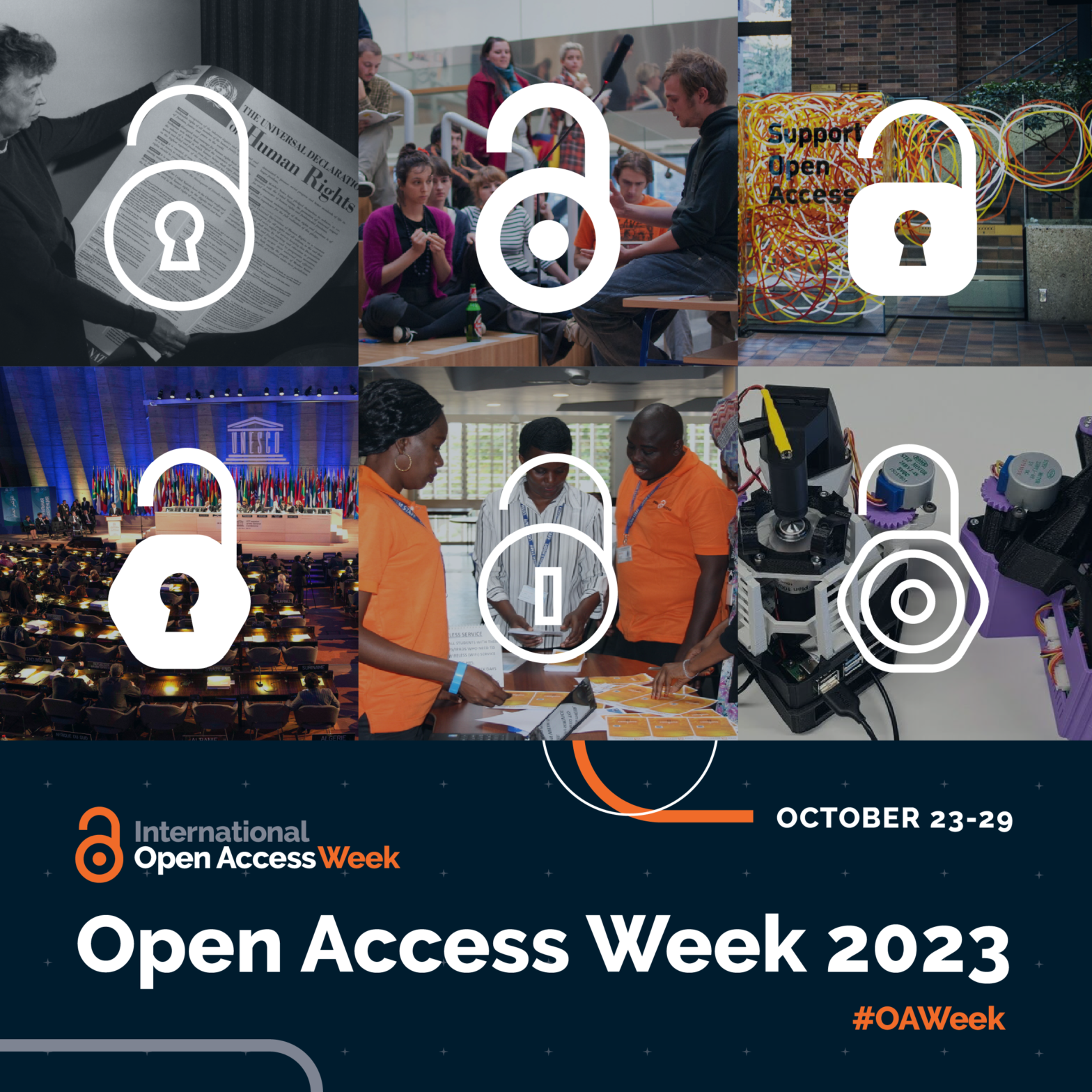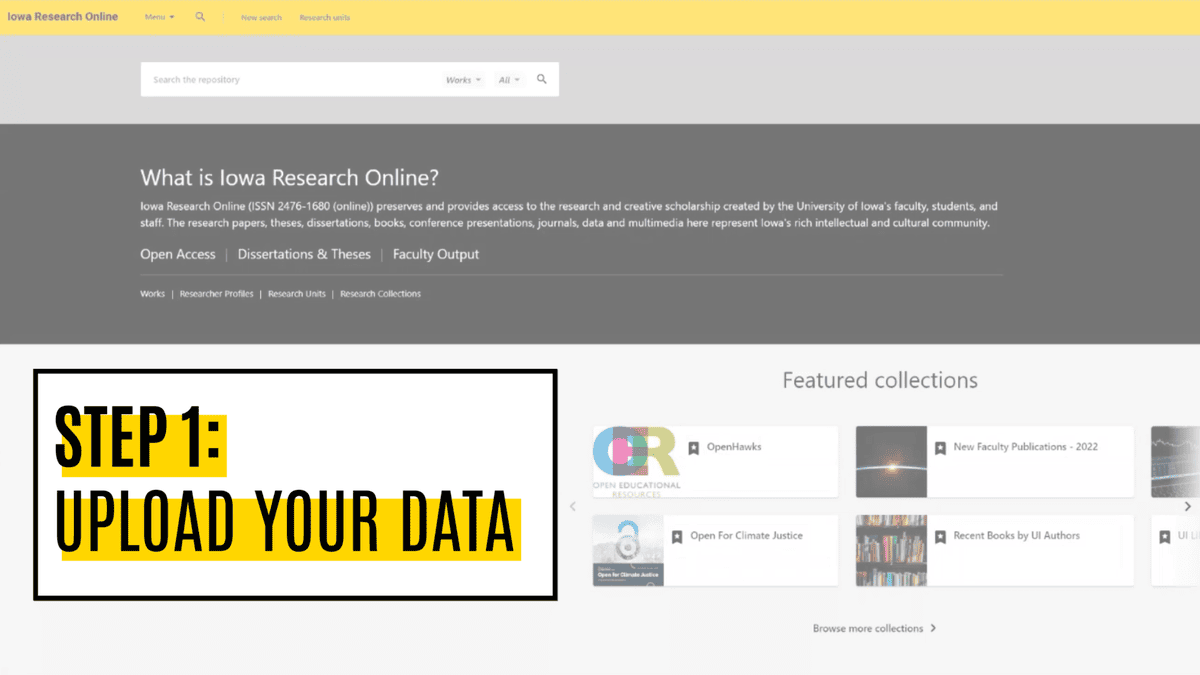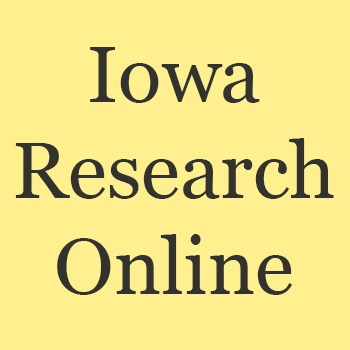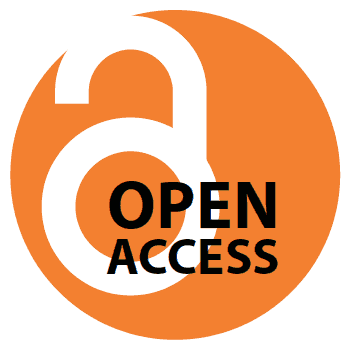Open Access Faculty Panel Discussion Happy Open Access Week! We’re celebrating this year’s theme “Community over Commercialization” with a faculty panel discussion on Tuesday, Oct. 24, 2023, at noon CDT on Zoom. Panelists include Leonardo Marchini, DEO and professor in Preventative and Community Dentistry, Kembrew McLeod, department chair and professor in Communication Studies, Maurine Neiman, professor in Biology, and DeborahContinue reading “Celebrating Open Access Week 2023”
Tag Archives: Iowa Research Online
How-To: Uploading Your Datasets into IRO
Iowa Research Online (IRO) is the institutional repository managed by the University of Iowa Libraries for UI researchers to use for preserving and providing open access to data, code, and other research and creative scholarship. These videos provide a quick introduction to four steps for sharing research data via IRO. For more information, see ourContinue reading “How-To: Uploading Your Datasets into IRO”
Data Curation: Adding Value to Your Dataset
You may already know that the University of Iowa’s institutional repository, Iowa Research Online (IRO), provides both preservation and access to your dataset for the long term. You may not know, however, that Research Data Services in the Scholarly Impact Department at the UI Libraries also offers another key service to researchers depositing their dataContinue reading “Data Curation: Adding Value to Your Dataset”
Why Iowa Research Online is an Ideal Place for Your Data
University of Iowa researchers are increasingly taking advantage of the university’s institutional repository, Iowa Research Online (IRO), to house their research and creative works. IRO currently holds nearly 115,000 research outputs from Iowa faculty, staff, and students, and has seen more than 12 million downloads of content since 2009. On top of preserving articles, books,Continue reading “Why Iowa Research Online is an Ideal Place for Your Data”
DOIs for Theses and Dissertations
All theses and dissertations in Iowa Research Online have now been assigned DOIs. DOIs, or Digital Object Identifiers, are unique and persistent IDs for electronically published documents. DOIs will be used by publications citing your thesis/dissertation, so that there will be better information about where your work has been cited. Using a DOI also allowsContinue reading “DOIs for Theses and Dissertations”
Scholarly Communications and OA
Written by Mahrya Burnett, Scholarly Communications Librarian In the libraries, we spend the whole month of October celebrating Open Access (OA), and with good reason. As scholarly publishing continues to evolve and spawn new models for disseminating knowledge, it’s more important than ever to make sure that anyone can access critical research andContinue reading “Scholarly Communications and OA”
Guest Post: Walt Whitman Quarterly Review – an OA Journal
During the month of Open Access week (October 24-30, 2016) we will be highlighting a number of guest posts from University of Iowa Faculty and Staff who have personal experience making work Open Access. We appreciate their contributions. The fourth guest post is by Ed Folsom, the Roy J. Carver Professor of English at TheContinue reading “Guest Post: Walt Whitman Quarterly Review – an OA Journal”
Guest Post: Leonardo Marchini on Open Access
During the month of Open Access week (October 24-30, 2016) we will be highlighting a number of guest posts from University of Iowa Faculty and Staff who have personal experience making their work Open Access. We appreciate their contributions. The third guest post is by Leonardo Marchini, DDS, MSD, PhD, Assistant Professor, Department of Preventative andContinue reading “Guest Post: Leonardo Marchini on Open Access”
Guest Post: Open
During the month of Open Access week (October 24-30, 2016) we will be highlighting a number of guest posts from University of Iowa Faculty and Staff who have personal experience making their work Open Access. We appreciate their contributions. The first guest post is by Chioma M. Okeoma, Ph.D, Assistant Professor of Microbiology. See herContinue reading “Guest Post: Open”
Guest Post: Interview – Kembrew McLeod on Open Access
During the month of Open Access week (October 19-25) we will be highlighting a number of guest posts from University of Iowa Faculty and Staff who have personal experience with Open Access. We appreciate their contributions. The sixth guest post is by Kembrew McLeod, Professor of Communication Studies at the University of Iowa and anContinue reading “Guest Post: Interview – Kembrew McLeod on Open Access”



